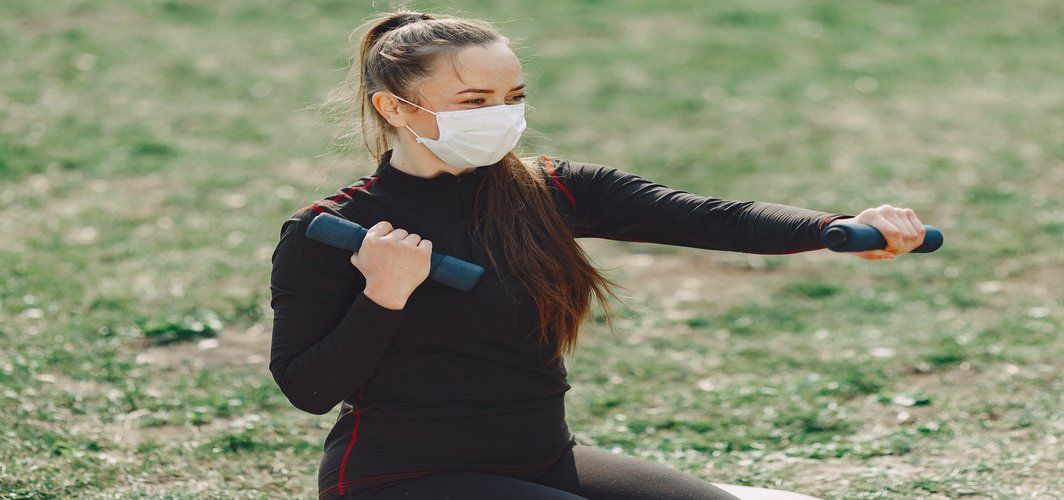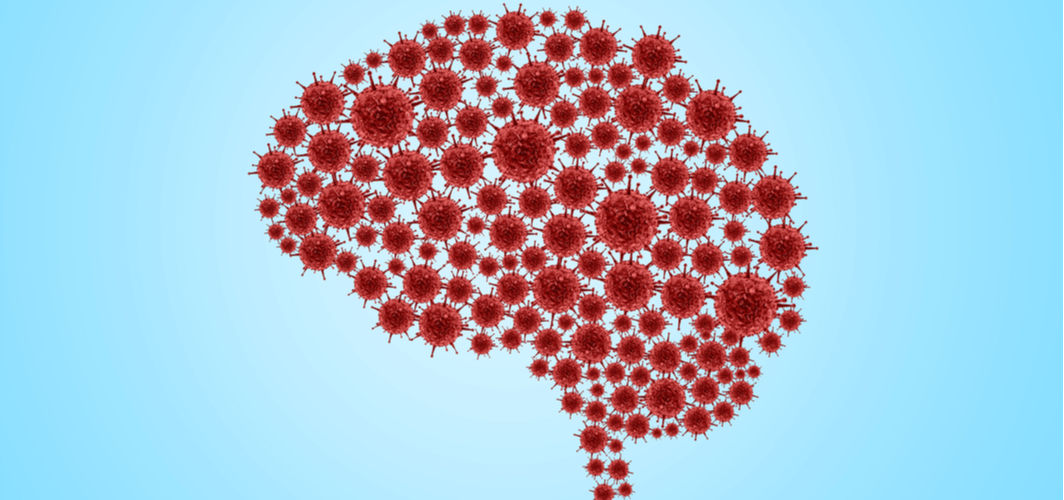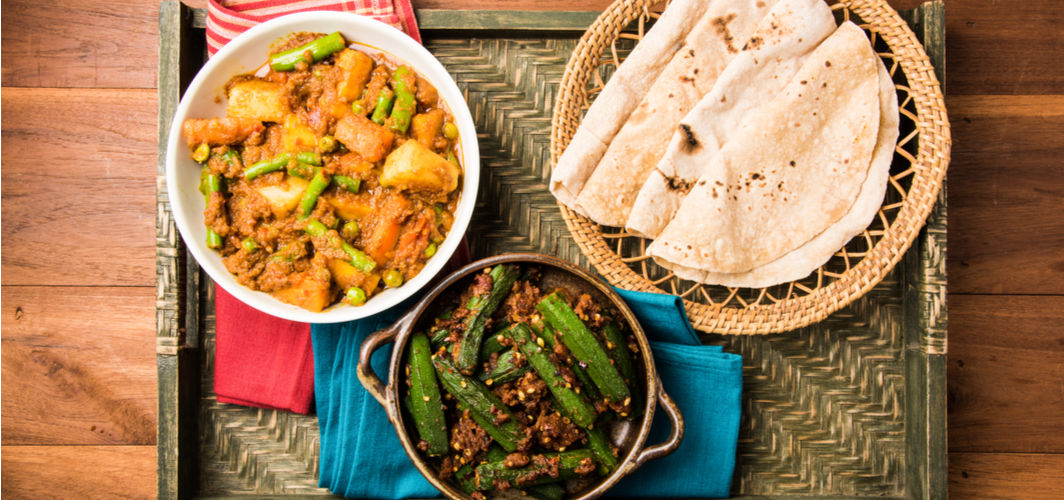Coronavirus Updates
How to Boost Immunity During COVID-19
6 min read
By Apollo 24/7, Published on - 14 July 2020, Updated on - 18 October 2022
Share this article
14
57 likes

Immunity is perhaps one of the most discussed topics during this time of the COVID-19 pandemic. The main reason for this is because we haven’t yet discovered how to prevent the disease and there is no vaccine or treatment yet to fight the novel coronavirus. Additionally, recent studies have suggested that many people who have been infected with the Coronavirus did not show any symptoms of the disease. All of this may be an indication that our immune system holds the key to fight the virus, if we are infected.
In this article, we will understand what immunity is and how it could be enhanced naturally to fight any infection, including the Coronavirus.
What is immunity?
The ability of our body to defend against disease-causing microorganisms is known as immunity and the organs/cells that help in this process comprise the immune system. There are two types of immunity – innate and adaptive.
Innate immunity is our body’s first line of defence against germs and offers protection during the initial critical hours of being exposed to a pathogen. Physical barriers like skin, eyelashes, body hair, saliva, tears, sweat, bile, etc. are some of the components of the innate immune response.
Adaptive or acquired immunity, on the other hand, is activated when the innate immunity is not enough to fight the pathogen. This type of immunity develops as we are exposed to diseases or when we get vaccinated. Adaptive immunity is memory-based which means that when the same pathogen attacks again, it will remember it and kill it with the help of antibodies.
Based on a body’s ability to produce antibodies, adaptive immunity can be either active or passive. Active immunity is when your body produces antibodies to fight the infection while passive immunity is when you are given antibodies extracted from the blood of others who recovered from the infection.
How can we strengthen our immunity naturally?
For its normal functioning, there should be harmony and balance between the various components of the immune system. To make that happen, you can make certain lifestyle changes that will enhance your immunity and your general wellbeing. We’ve outlined few of these lifestyle changes for you below:
- Be physically active: The cells of the immune system can carry out their functions effectively if there is efficient blood circulation. Exercising boosts blood circulation and in turn, the immune system. Indulging in physical activities can enhance your cardiovascular health, help you manage weight, lower your blood pressure, and lower your risk of diseases. Staying physically fit can also be beneficial for your mental health and help you cope with stress, anxiety, depression, etc. Stress is known to impair normal immune system function.
- Eat a balanced diet: Appropriate and adequate nutrition is needed for all cells in the human body, including the immune system, to function optimally. Eating a balanced diet, which is one that contains the right amount of nutrients like vitamins, minerals, dietary fibre, protein, and antioxidants, can go a long way in strengthening the immune system. You can include fresh fruits, vegetables, nuts, legumes, whole grains, and lean proteins in your diet to get the nutrition you need to keep your immune system healthy.
- Get enough sleep: There is evidence of sleep being one of the factors affecting the immune system response. Not getting enough sleep can reduce the circulation of white blood cells and lower the activity of the immune system. On the other hand, adequate sleep can elevate the memory of the immune system to previously encountered pathogens.
- Do not smoke: Research has revealed that smoking can decrease your immune function thereby increasing your risk to infections. Besides harmful ingredients like tobacco, there are thousands of free radicals that are released per puff when you smoke a cigarette. As a result, the antioxidant level in smokers is reduced thereby causing cellular damage. Research also indicates that smoking increases the risk of severe illness due to COVID-19.
- Get some sunlight: According to researchers, sunlight plays an important role in immunity by energizing T-cells which are responsible for fighting infections. The blue light emitted by the sun can speed the movement of T-cells to the infection site and initiate a quicker response. You can also get your dose of Vitamin D, which plays a crucial role in the functioning of the immune system, from the sun. However, you should avoid direct exposure to the UV rays as it can decrease immune responses and increase the risk of skin cancer.
Recommended Read: FAQS on Vitamin D, the Sunshine Vitamin
Role of antioxidants in boosting immunity
We rely on cellular metabolism to live and in the process, free radicals are generated. Free radicals are harmful as it causes damage to membranes, DNA, enzymes, while also leading to decreased immune response. Antioxidants can stabilise these free radicals and enhance the activity of the immune system. Hence, researchers recommend consuming a diet rich in fruits and vegetables as they are good sources of antioxidants. Some of the antioxidants that may help in strengthening immunity are vitamin C, E, carotenoids, and selenium.
Recently, many clinical trials have been conducted to study the effect of antioxidant supplements on immune responses. Results from these trials suggest that vitamins C, E, A, and beta-carotene supplements can enhance certain immune responses.
As stated earlier, consuming a balanced diet can help you meet the required antioxidant requirements to maintain a healthy immune system. If you are not sure about which foods contain higher antioxidants, the ORAC value is a good indicator and guideline to follow.
Recommended Read: How Can Diabetes Patients Boost Immunity During COVID-19?
What is ORAC?
Oxygen Radical Absorbance Capacity (ORAC) is a measure of the total antioxidant capacity (TAC) of foods and is determined through a lab test. Ingestion of 3,000 to 4,000 ORAC units daily have been recommended by the United States Department of Agriculture (USDA).
Some of the foods with the highest ORAC values (in µmol TE/100 g) are:
Cinnamon (ground) – 1,43,264
Cloves (ground) – 1,11,490
Turmeric (ground) – 44,776
Peppermint (fresh) – 13,970
Basil (dried) – 56,685
Chilli powder – 21,827
Cumin seed – 47,600
Curry powder – 24,981
Mustard seed – 28,759
Black pepper – 10,205
Raw plums – 6,083
Coriander leaves – 5,141
While this is not a comprehensive list, it is evident that spices such as cinnamon, cloves, basil, etc., in dried and ground form, have the highest ORAC values and are healthy foods to consume regularly.
Conclusion
Our immune system plays a key role in warding off any infection and during this time of COVID-19, the significance of immunity has increased manifold. Hence, we should exercise regularly, consume foods rich in antioxidants, get adequate sleep etc., to strengthen the immune system. It is important to note that a good immune system is not necessarily going to keep us from getting infected with the virus, although it can play an important role in reducing the severity and lowering the risk of complications. Also, remember to practice social distancing, wash hands frequently, and wear masks to protect yourself against the Coronavirus.
If you need some recommendations for Immunity Boosters, here are our top picks:
- Apollo Pharmacy Multivitamin Soft gels for Women
- Dabur Chyawanprash Awaleha
- Limensee Ascorbic Acid Orange Flavour Chewable Tablets
- Revital H Capsule
- BECOSULES Z CAPSULE
Coronavirus Updates
Leave Comment
Recommended for you

Coronavirus Updates
Can Exercising or Working Out With a Face Mask be Dangerous?
Wearing a face mask when exercising can affect your ability to breathe easily. This may be because exercise results in harder and faster breaths leading to airflow constriction.

Coronavirus Updates
COVID-19 May Cause Brain Damage, Studies Show
Scientists believe that brain damage could either be due to the virus or the inflammation that occurs in response to the virus.

Coronavirus Updates
Does Coronavirus Spread Through Food and Water?
Transmission of Coronavirus through food, food packages, and water as per research data appears to be less likely.
Subscribe
Sign up for our free Health Library Daily Newsletter
Get doctor-approved health tips, news, and more.
Visual Stories

Can India Beat the COVID-19 Surge?
Tap to continue exploring
Recommended for you

Coronavirus Updates
Can Exercising or Working Out With a Face Mask be Dangerous?
Wearing a face mask when exercising can affect your ability to breathe easily. This may be because exercise results in harder and faster breaths leading to airflow constriction.

Coronavirus Updates
COVID-19 May Cause Brain Damage, Studies Show
Scientists believe that brain damage could either be due to the virus or the inflammation that occurs in response to the virus.

Coronavirus Updates
Does Coronavirus Spread Through Food and Water?
Transmission of Coronavirus through food, food packages, and water as per research data appears to be less likely.